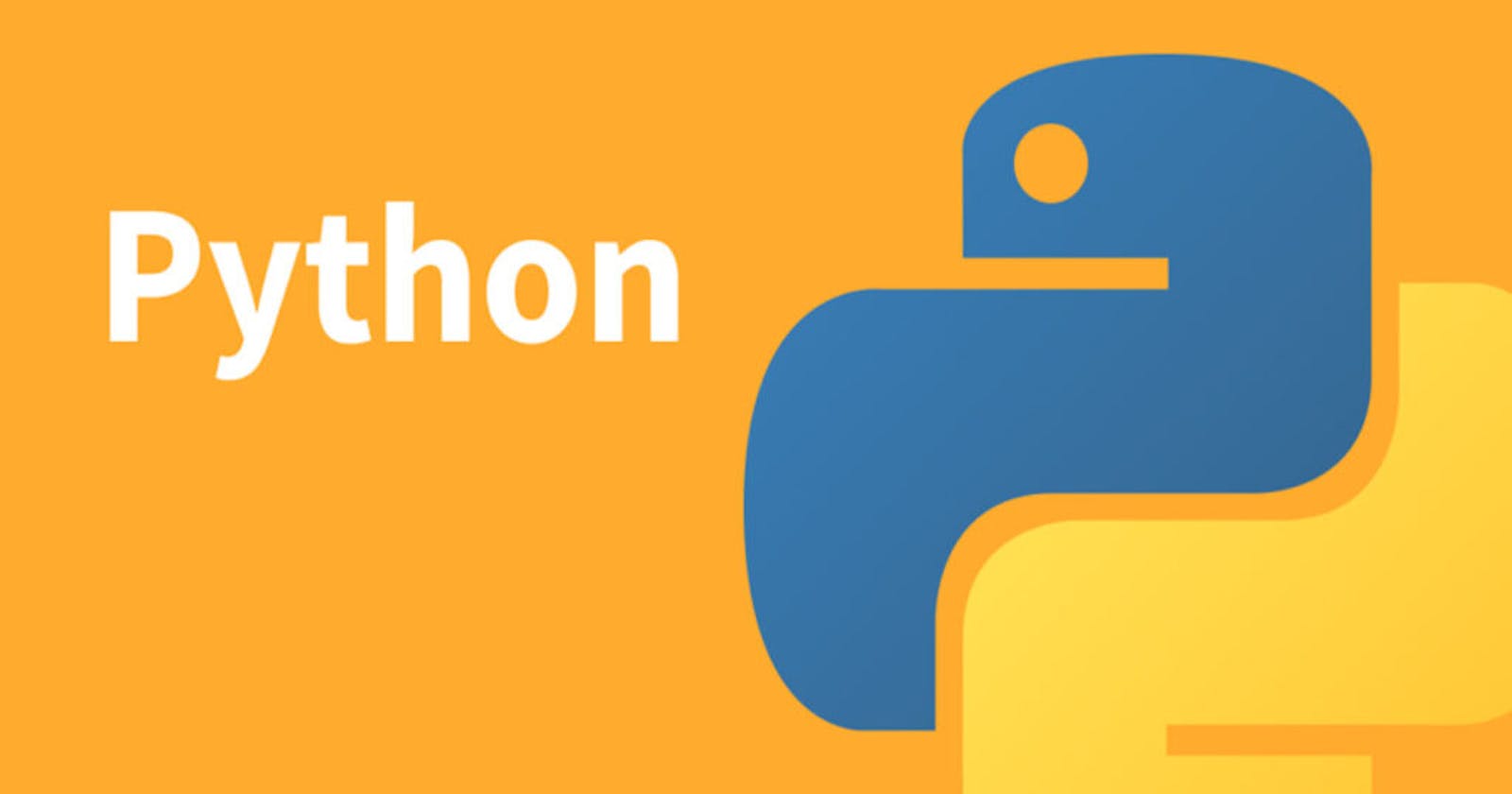Parameterization in Pytest allows you to run the same test function with multiple sets of inputs or arguments. This is a powerful feature that helps you efficiently test a wide range of scenarios without writing redundant test functions. Parameterization is often used in unit testing to cover different cases.
Here's how you can use parameterization in Pytest:
Using the @pytest.mark.parametrize Decorator:
You can use the @pytest.mark.parametrize decorator to define the parameters and the corresponding test cases for your test function.
Here's an example:
import pytest
@pytest.mark.parametrize("input, expected", [
(1, 2), # Test Case 1
(2, 4), # Test Case 2
(0, 0), # Test Case 3
(-1, 1), # Test Case 4
])
def test_multiply_by_two(input, expected):
result = input * 2
assert result == expected
In this example, the test_multiply_by_two function is parameterized with two arguments, input and expected. Each tuple within the list represents a test case. Pytest will run the test function four times with the provided inputs and expected outputs.
Running the Parameterized Tests:
To run parameterized tests with Pytest, you can use the pytest command as usual:
pytest my_tests.py
Pytest will automatically discover and execute parameterized tests.
Dynamic Parameterization:
You can also dynamically generate parameterized test cases based on some logic. For example, you can use a loop to generate test cases from a list of inputs and expected outputs:
import pytest
test_cases = [
(1, 2),
(2, 4),
(0, 0),
(-1, 1),
]
@pytest.mark.parametrize("input, expected", test_cases)
def test_multiply_by_two(input, expected):
result = input * 2
assert result == expected
Combining with Fixtures:
Parameterization can be combined with fixtures to create more complex test scenarios. You can use fixtures to set up preconditions for each test case while still reusing the same test function.
Here's an example combining parameterization with a fixture:
import pytest
@pytest.fixture(params=[1, 2, 3])
def input_data(request):
return request.param
@pytest.mark.parametrize("input, expected", [
(1, 2), # Test Case 1
(2, 4), # Test Case 2
(3, 6), # Test Case 3
])
def test_multiply_by_two(input, expected, input_data):
result = input * 2
assert result == expected + input_data
In this example, the input_data fixture provides different values (1, 2, 3) as the input parameter for each test case.
Parameterization in Pytest is a valuable tool for efficiently testing various scenarios with minimal code duplication. It helps you cover multiple cases in a clean and organized way, improving test coverage and effectiveness.
